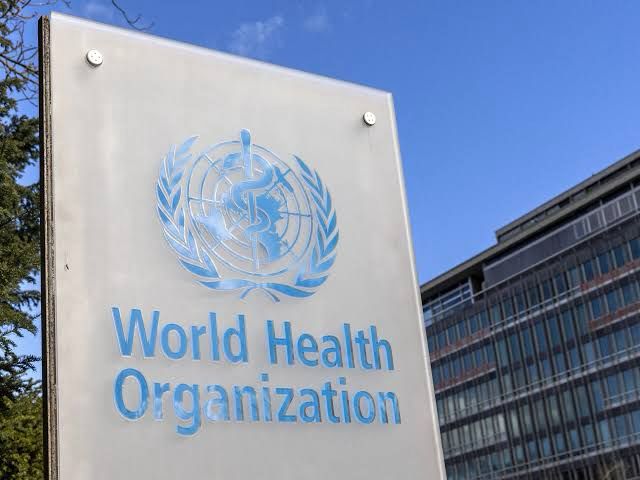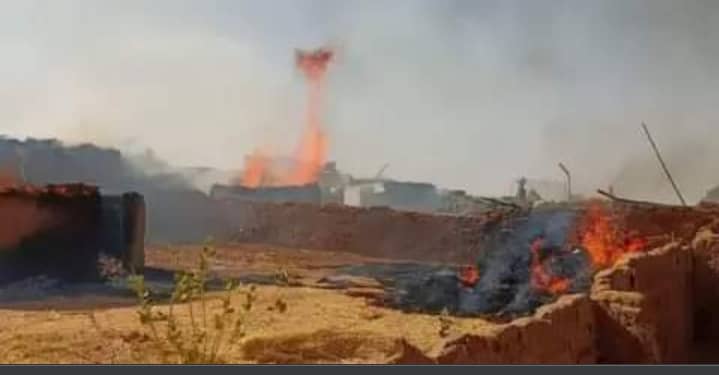WHO: $10bn Needed To Rebuild Gaza’s Healthcare System Amid Ceasefire Efforts

By Onoja Baba, Nigeria
The World Health Organisation (WHO), has revealed that over $10 billion will be required to restore Gaza’s shattered healthcare system as international aid efforts ramp up following a ceasefire agreement between Israel and Hamas.
WHO’s representative in the Occupied Palestinian Territories, Dr. Rik Peeperkorn, expressed hope that the ceasefire could lead to a significant increase in aid deliveries to Gaza, which has been devastated since the conflict erupted on October 7, 2023.
Peeperkorn, speaking from Jerusalem on Friday, stated that the goal is to deliver between 500 and 600 aid trucks daily to Gaza in the coming weeks.
This would mark a dramatic increase from the 40 to 50 trucks that have been reaching the region in recent months.
The renewed aid flow, he said, would match pre-war levels and provide a much-needed lifeline to the besieged enclave.
“This is a sign of hope,” Peeperkorn said, while cautioning that the humanitarian and healthcare challenges in Gaza remain enormous.
Chronic shortages of food, fuel, and medical supplies have left the population in dire need.
The WHO has already ordered temporary prefabricated clinics and hospitals as part of its emergency response plan to expand healthcare capacity and address urgent needs.
The humanitarian crisis in Gaza has reached catastrophic levels, with over 46,000 deaths and more than 110,000 injuries reported since the conflict began.
Many injuries are life-altering, while disease outbreaks and the threat of famine loom large.
Peeperkorn highlighted the plight of more than 12,000 patients, including thousands of children, who urgently require evacuation for specialized care.
However, the evacuation process has been slow and severely limited, with only 29 of 1,200 requests approved between November and December 2024, a mere 2.4% approval rate.
Gaza’s healthcare system is on the brink of collapse. Only half of the region’s 36 hospitals remain operational, and critical health infrastructure has been targeted in 664 attacks since October.
These assaults have killed civilians and medical workers and destroyed vital facilities.
The lack of fuel and spare parts for hospital generators has further exacerbated the crisis, leaving thousands without access to essential medical care.
Despite these dire conditions, the WHO is determined to implement a 60-day emergency health response plan, which aims to scale up healthcare services, establish temporary clinics, and restore essential facilities.
The plan also includes measures to combat malnutrition, improve disease surveillance, and deliver medical supplies to hard-to-reach areas.
Beyond immediate healthcare needs, the WHO emphasised the urgent need for broader humanitarian assistance, including food, clean water, and shelter.
Medical equipment and life-saving medicines remain critically scarce, underscoring the need for substantial international support to prevent further loss of life.
“The challenges are daunting, but with the ceasefire in place, we hope to provide a lifeline to the people of Gaza,” Peeperkorn said.
categories
recent posts

NIGERIA: UTME Begins April 24 As JAMB Adjusts Schedule

NIGERIAN: Police Extradits Murder Of First-Class Student

NIGERIA: Peter Obi Meets Imprisoned Teen Supporter, Quadri, Vows To Sponsor His Education


